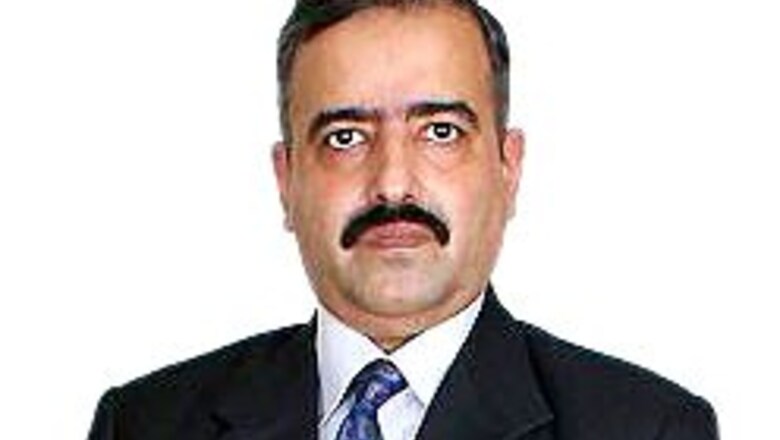
views
The tax collections in 2007-08 have been extremely buoyant. There is almost a 40-45 per cent jump in comparison to the previous year. The reason for this buoyancy is the outstanding economic growth, moderate tax rates and better tax compliance.
The good tax collections are expected to sustain in the next fiscal year too, as the economic growth still looks strong despite a bit of a slow-down recently. This, and the fact that we are closer to the General Elections, could mean that a populist Budget is presented this time, including maybe some cut in the tax rates too.
Also the favourable economic situation gives the Finance Minister P Chidambaram a golden opportunity to provide both direct and indirect benefits to millions of taxpayers.
Remove cess and surcharge
Instead of tinkering with the base tax-rates and slabs (as the FM did last year by increasing the lowest slab limit from Rs 1 lakh to Rs 1.1 lakhs), Mr Chidambaram should try and get rid of cess and/or surcharge.
This would not only lead to lower tax-outgo for the common man and provide him the much-needed relief, but also make the tax-regime that much simpler.
Simplify the Act and the procedures
People don’t mind paying taxes but all that they desire is a simple and corruption-free tax administration. It is also proven that lowering of tax rates have reduced tax evasion. But with hundreds of exemptions, rebates, deductions etc., our Income Tax Act has become so confusing that we need experts to decipher it.
The best legacy that Mr Chidambaram can leave behind is a simple Income Tax Act with minimal exemptions. This will not only improve compliance, but also substantially reduce litigations.
Enhance the limit under Section 80C
The Rs 1 lakh limit under Section 80C offers a very small window, which is not sufficient for a meaningful long-term wealth creation. This is critical in the absence of any social security system in India.
Given the excellent tax collections, increasing the limit to Rs 1.5-2 lakhs is not going to make any significant difference to the Government’s kitty. Therefore, we hope for the limit enhancement.
Restoring Sec 80L
With the removal of Sec 80L, all interest incomes have become taxable, i.e., tax is applicable even if it were just Re 1 interest earned on the money lying in one’s savings a/c. This has become more of an administrative hassle for millions of taxpayers rather than any additional revenue source for the Government.
Therefore, the FM should reintroduce Sec 80L. Even a small limit of say Rs 5,000 would be very useful in cutting down the paperwork substantially. The loss would be minimal.
PAGE_BREAK
Clarity on EET on PPF
A few years ago, the FM had indicated that he proposed to move to Exempt-Exempt-Tax (EET) regime from the existing Exempt-Exempt-Exempt (EEE) regime. This could have impacted two significant investment avenue vis-a-vis Public Provident Fund (PPF) and Insurance. But since then there has only been silence from the FM’s end.
This move has unnecessarily created doubt in the minds of the investors. Again, by explaining his position clearly on the matter, the FM would do a lot of good for long-term investors to take appropriate investment decisions.
Inflation-indexed bonds
A lot has been done for the equity market participants -- no tax on dividends, nominal tax of 10 per cent on short-term capital gains, no tax on long-term capital gains.
But the poor cousin of the equity i.e.., debt has been neglected. When the interest rates were falling during 2001-2005, the Government was quick to reduce the administered rates on PPF, Small Saving Schemes, etc. But when the rates started rising during 2005-2007 period, there was no increase in these rates. In the process, the investor in such schemes was left short-changed. Higher inflation only added to his misery.
The FM would do well to introduce inflation-indexed bonds so that millions and millions of investors can at least earn inflation-linked returns.
Higher taxation of equity-based Fund-of-Fund Schemes
There seems to be no logic, why a Fund-of-Funds scheme (where the equity component exceeds 65 per cent) should be taxed at higher rates as a debt fund. While the open-ended/ close-ended schemes with 65 per cent or more money in equity is treated on par with 100 per cent equity schemes and pay lower tax. This anomaly needs to go.
Here’s looking forward to a simpler and cleaner tax regime and of course, a bit of the tax reduction too.
(The author is a financial advisor.)















Comments
0 comment